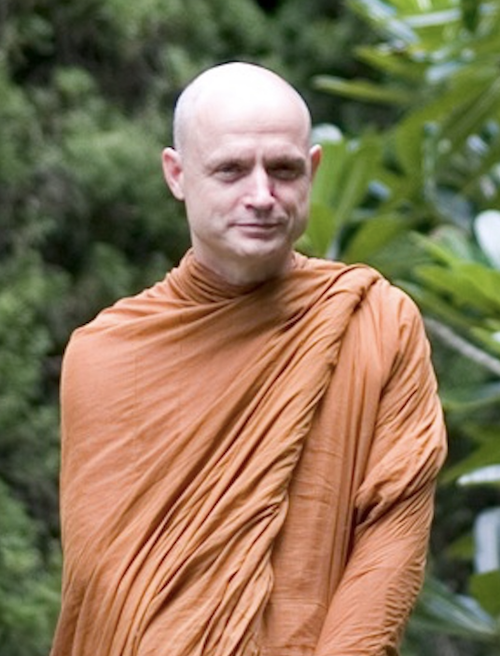We’re always aging, from the moment we’re born
There are many life skills that need to be developed for aging. Looking at life in a purposeful way affects the choices we make
Venerable Ajahn Jayasaro lives in a hermitage at the foot of Khao Yai mountains in Northern Thailand
Because I live in Thailand, I had a chance to meet with Venerable Ajahn Jayasaro, a disciple of the late Venerable Ajahn Chah, one of Thailand’s most renowned Buddhist monks and meditation masters. I have to admit that, walking to the appointment, some afterthoughts came up and I began to question if what I was about to do was a good idea at all. Talking about aging with a Buddhist monk is quite a sticky situation: you feel that the questions you are going to ask are too trivial for a British-born forest-dwelling monk who has spent the past 15 years in a hermitage.
So I confess that in our conversation, Venerable Ajahn Jayasaro has surprised me with unexpected points of view, starting from a very basic idea:
“We are always aging.”
We normally miss this point. Yes, technically speaking, what we call aging starts at different times for the different parts of our bodies, but when we consider our aging process, we tend to think of it as something that begins at a certain moment in our life, generally when we start to spot the “visible signs”. Failing to notice the flow of change is a missed opportunity. As Ajahn Jayasaro states: “In our daily chanting, as Buddhist monks, we practice thinking about aging from when we are young. This affects the choices we make and the life we lead.”
Is it possible that ignoring the never-ending effect of time contributes to that feeling of “uncharted territory” we get when we contemplate our aging? “There are many life skills that need to be developed for aging and it is often difficult for people in their 50s and 60s to start looking at life in a purposeful way.”
To make things more complicated for ourselves, we tend to link happiness and fulfillment to the physical self. When this sphere begins to fade, there’s a sense of being diminished that, in turn, will influence the perspective on the years to come. I discover something surprisingly revitalizing in the idea that, while aging accompanies our body as an ongoing process, we can in parallel embrace our growth as human beings. Or, as the Ajahn said: “If we agree that life is learning, we can learn till the last second of our lives.”
One of the things that came to my mind about aging and learning is the art of letting go. But apparently, I was getting ahead of myself: “You need to know how to be patient before letting go. You need to go through the experiences of life without being swept away.” To make it more clear, the Venerable Ajahn Jayasaro left me with an analogy: “To let go is like tending to a tree. You’re aware of your responsibility, you water the soil, you fertilize the roots, but you know you cannot force the plant to grow.”
